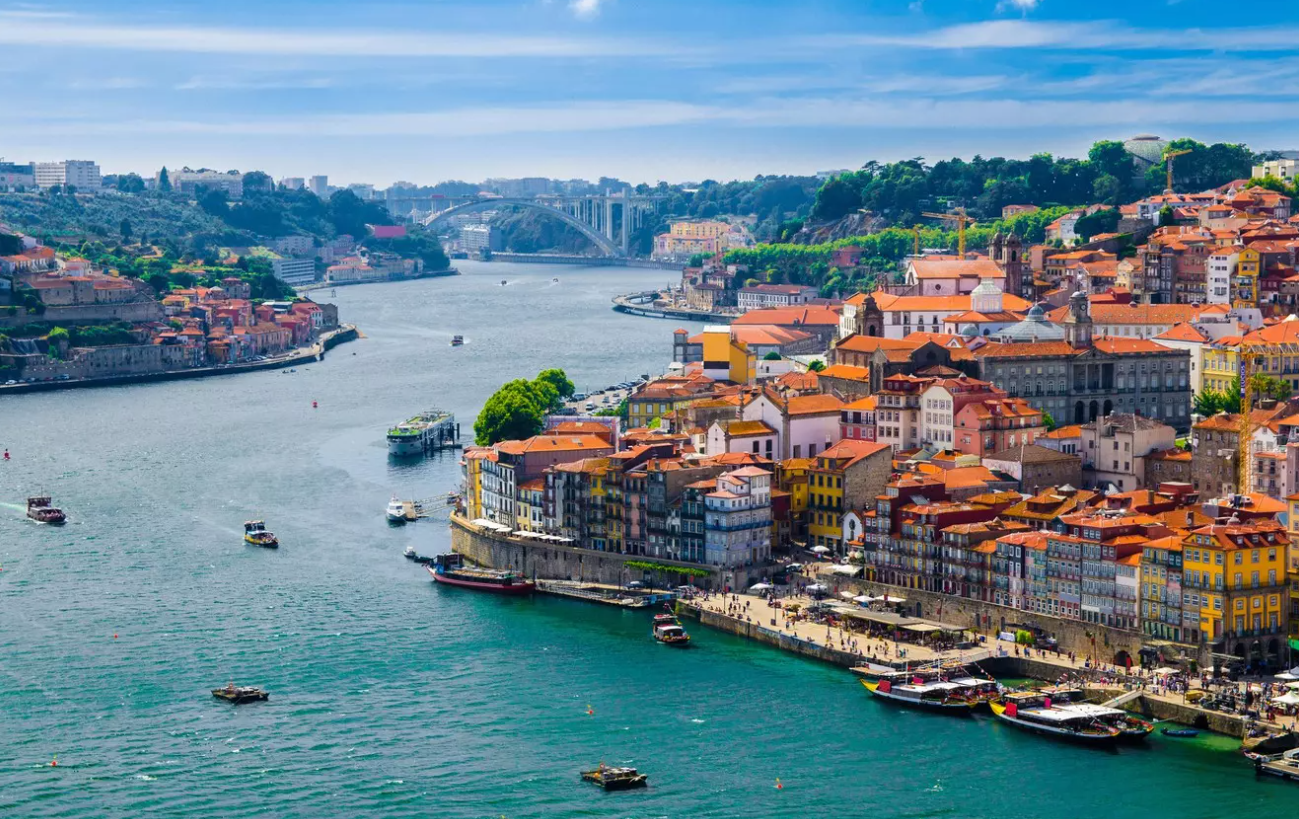Before entering the Portuguese market, it is essential to gain a comprehensive understanding of its unique characteristics, including its economic overview, cultural factors, and legal and regulatory environment.

• Economic Overview
Portugal’s economy is characterized by a combination of services, manufacturing, and agriculture, making it a mixed economy. The country has experienced a consistent and stable growth rate, which has attracted foreign investments across multiple sectors such as tourism, renewable energy, and information technology. To maximize your chances of success, it is essential to have a clear understanding of the economic landscape, as this will enable you to identify potential opportunities and accurately assess the market demand for your products or services.

• Cultural Factors
Cultural factors play a significant role in business interactions in Portugal. Building strong relationships and trust with local partners is crucial. Portuguese society values personal connections and favors face-to-face meetings to establish business partnerships. It is important to familiarize yourself with Portuguese customs, etiquette, and business practices to foster successful collaborations.

• Legal and Regulatory Environment
It is crucial to familiarize yourself with the legal and regulatory environment in Portugal to ensure compliance with the country’s laws and regulations. Taking the time to research and understand the specific requirements related to your industry, such as licensing, certifications, and product standards, is essential. By gaining a thorough understanding of the legal framework, you will be better equipped to navigate the market smoothly and proactively avoid any potential legal issues that may arise.

Market Entry Strategies
To successfully enter the Portuguese market, you can consider various market entry strategies. The choice of strategy depends on your business goals, resources, and market dynamics.
• Exporting Directly
Exporting directly involves selling your products or services from your home country to customers in Portugal. This strategy provides a cost-effective approach, especially for small and medium-sized enterprises. It allows you to retain control over the distribution process and maintain direct relationships with customers. However, it may require additional efforts in terms of logistics, customs procedures, and market research.

• Partnering with Local Distributors
Partnering with local distributors can help expedite market entry by leveraging their existing networks, market knowledge, and distribution channels. Collaborating with a trusted distributor can provide access to a wider customer base and help overcome language and cultural barriers. Ensure you establish clear agreements and maintain open communication channels with your distributors to ensure a successful partnership.

Key Considerations for Exporting to Portugal
When exporting to Portugal, there are several important considerations to keep in mind to ensure a successful market entry and sustainable growth.
• Product Adaptation and Localization
Adapting your products or services to the Portuguese market is crucial for gaining acceptance and meeting local preferences. Consider factors such as language localization, product packaging, labeling, and compliance with local regulations. Conduct market research to identify any necessary modifications or additions to make your offerings more appealing to Portuguese consumers.

• Language and Communication
English proficiency in Portugal is generally high, but incorporating Portuguese language elements into your marketing materials and customer communications can have a significant impact. Consider translating your website, product documentation, and advertising materials into Portuguese to enhance your reach and connect with local customers effectively.

• Logistics and Distribution
Efficient logistics and distribution channels are vital for the timely delivery of products to the Portuguese market. Partner with reliable shipping and logistics providers who have experience in the region. Consider the proximity of your distribution centers to major cities and ports to ensure smooth operations and minimize transportation costs.

• Pricing and Competitive Landscape
Understand the pricing dynamics and competitive landscape in Portugal. Research your competitors’ pricing strategies and analyze market demand to set competitive yet profitable pricing for your products or services. Consider factors such as local purchasing power, distribution costs, and any import duties or taxes that may affect your pricing decisions.

• Marketing and Promotion
Develop a tailored marketing and promotion strategy to effectively reach your target audience in Portugal. Leverage both traditional and digital marketing channels, such as social media, search engine optimization (SEO), and local advertising platforms. Consider partnering with local influencers or engaging in strategic collaborations to enhance brand visibility and customer engagement.









